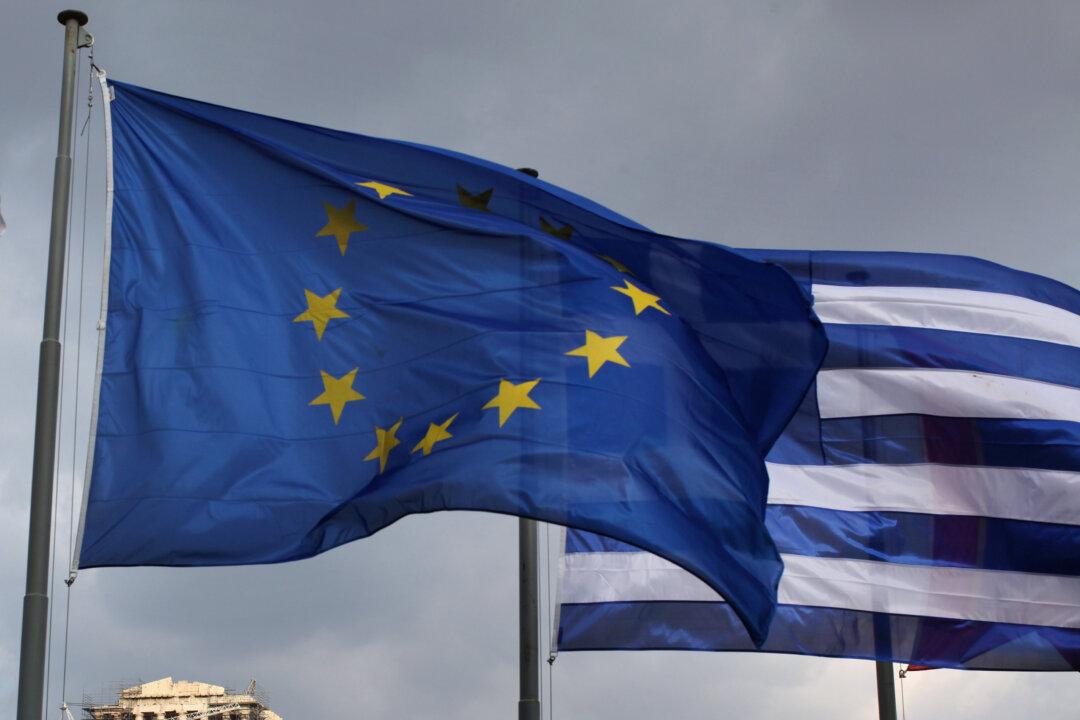It would be funny if it wasn’t so sad for the Greek people. Every week Greek Prime Minister Alexis Tsipras and his Finance Minister Yanis Varoufakis return to the stage with their creditor counterparts to open another act in the Greek drama: Greece and the euro.
Talks collapsed Sunday because the creditors (ECB, IMF, and European Union) wanted Greece to slash pensions to the bone:
“We believe a reduction of pension expenditures of 1 percent of GDP (out of 16 percent) is needed, and that it can be done while protecting the poorest pensioners. We are open to alternative ways for designing both the VAT and the pension reforms, but these alternatives have to add up and deliver the required fiscal adjustment,” writes IMF chief economist Olivier Blanchard.
That sounds easy in theory but is hard to pull off in practice, which is why Greece walked out of the negotiations after 45 minutes.
The next crucial meeting will be on Thursday, when EU finance ministers meet in Luxembourg. At any time, the ECB can withdraw its emergency liquidity assistance (ELA) to Greek banks, currently around $70 billion as Greek people happily keep on withdrawing money from Greek banks at a clip of 600 million euros per day.
For the creditors, a default would be pretty expensive, but could likely be absorbed.
- Greece owes 240 billion euros to the EU, IMF and the ECB
- The ECB is on the hook for about 20 billion euros and another 64 billion euros worth of ELA, which would likely just vanish in accounting nirvana






